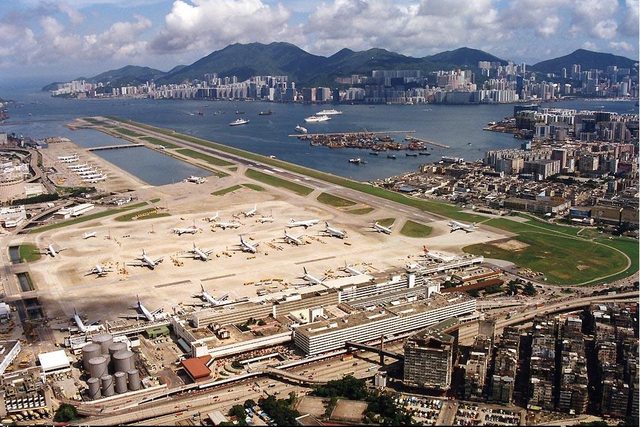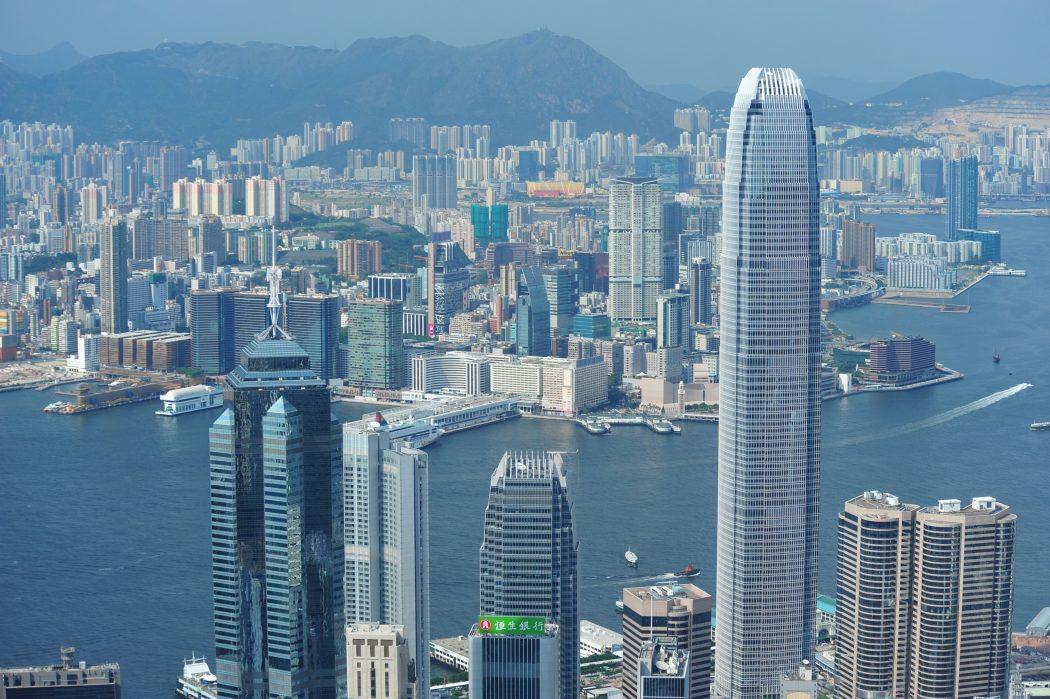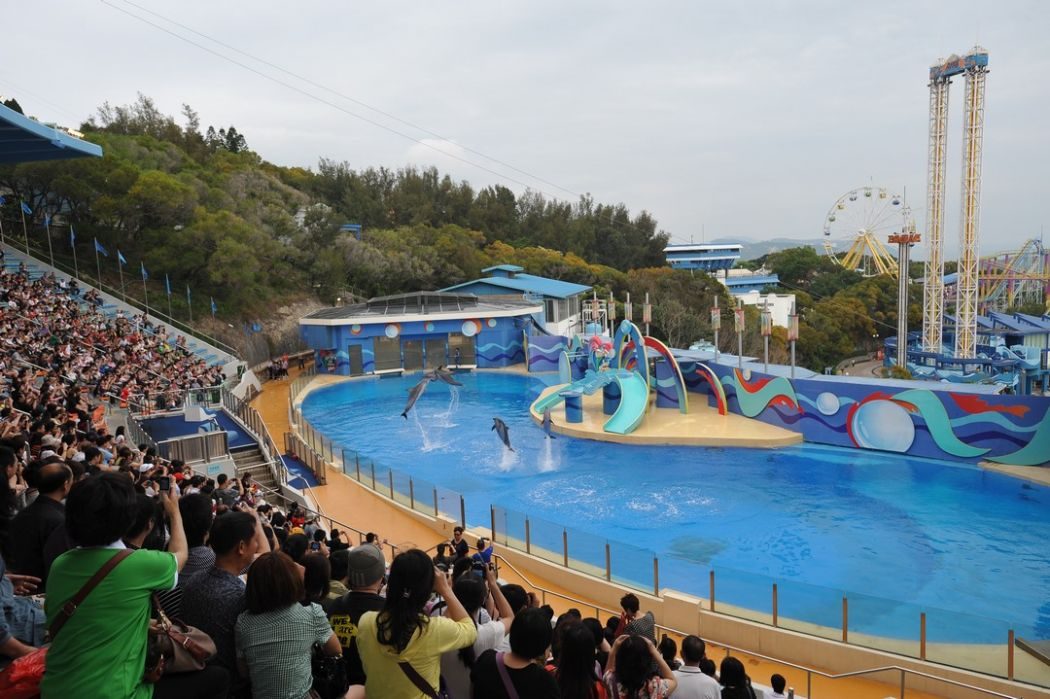From time to time there are bitter complaints from legislators and motoring organisations about the way the price of petrol moves when the price of oil changes.
They say that the price of petrol moves up quickly when the international oil market is on the up, but comes down rather slowly when the movement is in the other direction.

This charge is vigorously contested by the oil companies, who say that any change in prices at the oil well takes its time to reach them down a long supply chain, and in any case, the cost of raw crude is only part of the price of petrol, which has to include processing, transport, running costs of petrol stations and so on.
I am an agnostic on the question whether petrol retailers are as diligent in reducing prices as they are in increasing them. I did notice that when the price of oil futures briefly went negative – that is to say people would pay you to take the stuff off their hands – we did not see petrol stations offering free petrol, let alone bidding for tank space. No doubt there are technical reasons for this.
What cannot be disputed is that the petrol people do not have a mechanism specifically designed to keep prices up when they are trying to go down.
The Hong Kong government, on the other hand, resists reductions in land prices by simply withdrawing from sale any piece of real estate which does not meet its expectations when put up for bids.

Last week, for example, the Lands Department announced the non-sale of a large piece of the former airport at Kai Tak, giving as an explanation that bids for it “failed to meet the government’s reserve price.”
Note that in no case has the government ever withdrawn a plot from sale on the grounds that the bids were so high that the ensuing building would be outrageously expensive. Prices can go as high as they like.
They are, on the other hand, not allowed to come down. This was the fourth incident of its kind in the last two years. One of the others was a residential plot. Do you wonder why Hong Kong housing is so expensive?
In the latest case there were actually four bids. Bidders included some of the usual suspects: Cheung Kong, Sun Hung Kai and Sino Land.

So this was not a case where there was a single bid of HK$5, offered in the faint hope that nobody else would bid at all. The bids offered were a result of serious consideration of what a commercial plot was worth these days.
Reporters found several property people willing to complain that the reserve price was too high and the government was “out of touch” with conditions in the market. Between the ongoing political turmoil and the Covid-19 situation, this is not a promising time for commercial mega-projects.
But there is a serious question whether the government ought to have a reserve price at all. The government is a major player in the market for new sites and if it withdraws items from the sale then the effect, whatever the intention, is to prop up prices.
When the vendor of something is a private individual it is of course up to him whether he wishes to sell for whatever he can get, or prefers to sell only if the price reaches a certain level. Auctioneers will recognise that if a price is very low the owner of an item may prefer simply to keep it or to try again later when market conditions have improved. Hence the minimum price.

But the government is not a private landowner and the purpose of land sales is not to fill the relevant account, which is already bulging and which the government refuses to spend on anything useful. The purpose of land sales is to get land into use as soon as possible.
The Kai Tak airport site actually became vacant when the airport moved out in 1998. That is to say the plot in question has already been waiting for the Lands Department to get its act together for 22 years. People who were in kindergarten when this site dropped into the government’s lap are now doing postgraduate work. It should be sold for whatever a buyer is willing to pay.
Meanwhile, on the other side of the ledger, it seems that Ocean Park is turning into something like the Express Rail Link: a hole into which you can pour spectacular amounts of money which you will never see again.
For the last four years, the park has lost money. Now it is asking for HK$5.4 billion, or it will have to close. We must note in fairness that it has been totally closed to the public since January for virus reasons, an expensive arrangement. On the other hand, HK$3 billion of the requested rescue is “to help the park repay commercial loans,” which sounds more like a long-term problem.

The money will keep the park afloat for another year, during which it proposes to spend HK$13 million on a survey of “the way forward,” and open the new indoor Water World, of which much is hoped.
Like most Hongkongers, I have many happy memories of Ocean Park, which I have visited many times with sundry young Hamletts. I also played at a couple of celebrations when new bits were finished; one of the Park’s senior management was a Scot who liked bagpipes on these occasions.
So I would be sorry to see the place closed.

On the other hand, this hardly seems a defensible long-term line of expenditure for a government which fails to provide its citizens with basics like pensions, unemployment insurance, or a health service which doesn’t expect you to wait two years to see a specialist.
Dare I suggest a merger with the Hong Kong Jockey Club? The club can afford it; their reserves are reported to be even bigger than the government’s and much better hidden.
And think of the “sports entertainment” – or as we plebs put it gambling – opportunities. Anyone for penguin races? Sweepstake on which dolphin will be next to die of despair? Guess the sex of the panda cub? The number of fingers left on the hand of the guy who feeds the sharks?
